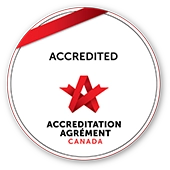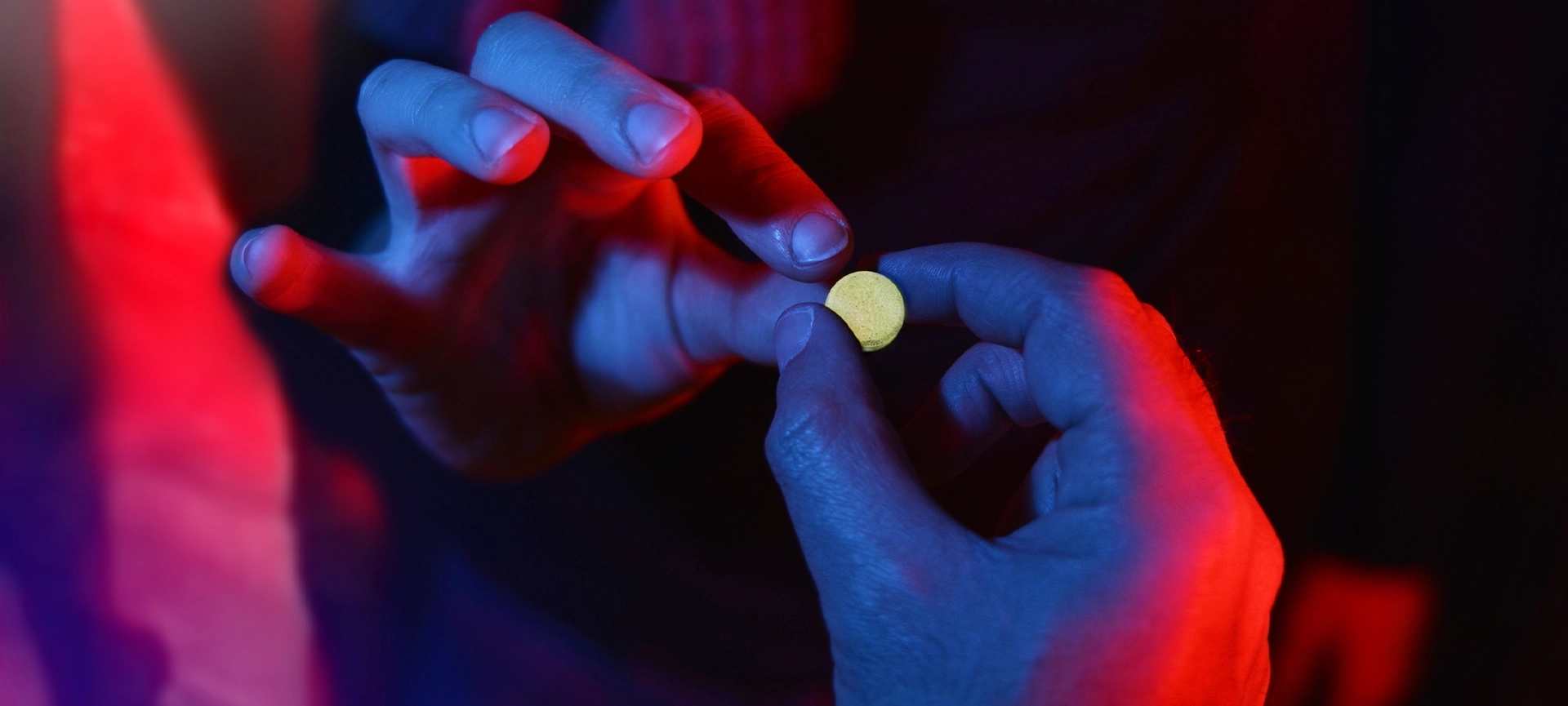In Canada and around the world, Indigenous peoples usually have poorer health than non-Indigenous individuals. They also have a much higher incidence of addiction to drugs and alcohol. Research studies indicate that substance abuse results in more addiction-related health problems as well, especially among youth.
Indigenous peoples are far more likely to die from substance abuse than the rest of the population. This highlights the need for treatment plans that are tailored accordingly to meet the needs of this group of people. The laws need to honour these differences and should be altered to keep up with the research.
Addiction is prevalent in every community, and Indigenous peoples are no different. What is different, however, is that it is much more challenging to get treatment that is culturally sensitive for First Nations, Métis, and Inuit individuals. As governments and private treatment centres change policies and treatment plans, countless lives will be saved.
Indigenous Rights
All Indigenous peoples can demand treatment that is culturally sensitive. They have the right to treatment that consists of traditional remedies only, with no Western medical procedures, if that is their choice. First Nations, Métis, and Inuit individuals can go to an Indigenous treatment and healing centre to get culturally sensitive mental health and addiction treatment services.
These centres typically offer a combination of Indigenous healing and clinical approaches to treat the addiction and any other mental health illness from which they are suffering. These approaches treat the entire person, as well as healing the family and community.
Indigenous peoples have the right to a personalized treatment plan that is culturally appropriate. They also have the right to choose which professionals are part of the healing team. There are dozens of treatment centres that are approved for the treatment of First Nations, Métis, and Inuit individuals.
Indigenous Healing
All through history, Indigenous peoples have used plants as medicine. These medicines are used more often than those derived from animals. Faith healers have identified hundreds of plants, such as fungi, lichen, and algae.
Healers study these plants and their effects on the body. Across Canada, there are recognized specialists trained in traditional medicine. Their practice incorporates treating not only the individual, but the family and community as well.
Often the specialists identify specific compounds in the plants and use those to treat illnesses like addiction, and other mental health conditions. The plants must be harvested in a particular way, according to traditional practice.
Healers are trained in the preparation of the plants as medicine. They treat the plants with great reverence and respect. There is a ceremony that follows a specific format as the medicines are blessed. The plants are honoured for their service.
Purification rituals are a mandatory part of the preparation of the medicine. Healers give the medicine spiritual energy, and will even fast and ingest the plants themselves. This is necessary in order for the plants to do their work.
These remedies are not fully understood by Western medical practitioners. All health care providers should learn about and recognize these approaches. It is also crucial to change policy so that Indigenous peoples can access treatment that is appropriate to their heritage.
Substance Abuse Disorder
Drug addiction, or substance abuse disorder, is a disease that affects a person’s brain and behaviour. It leads to an inability to control the use of a drug or medication like oxycodone. Substances such as alcohol, marijuana and nicotine also are considered drugs. When you’re addicted, you will do anything to get that drug.
Drug addiction usually starts with experimental use of a recreational drug in social situations. As drug use becomes more frequent, most people will build up a tolerance. For others, particularly with opioids, drug addiction begins with one exposure. Individuals may get the medications from a friend or relative who has been prescribed the medication, or their addiction may develop from their own legitimate use of the medicine.
There are many factors that determine how quickly a person will become addicted. Certain drugs are more likely to lead to addiction, such as prescription painkillers. The path to addiction also depends on how frequently the substance is abused, and in what doses.
As time passes, increasingly larger doses of the drug are needed to get the same effect, and it becomes increasingly difficult to go without the drug. Attempts to stop drug use may lead to cravings and make the individual feel physically ill (withdrawal symptoms).
Research studies clearly indicate that substance abuse is more prevalent among Indigenous peoples. Possible causes include trauma endured at residential schools, the stress of daily life in under-resourced communities that in some cases do not even have clean drinking water, and the systemic discrimination that Indigenous communities endure. These communities also have a higher incidence of suicide and death from accidental overdose. Traditional Indigenous remedies must be part of the healing.
Addiction Treatment
There is no approach to recovery that is appropriate for everyone. This is especially true for Indigenous peoples. Treatment must take into account all of the realities of life in the individual’s community, which in many cases could be far away from treatment facilities. This creates an additional risk to the addicted person’s safety and life.
For non-Indigenous individuals, drug and alcohol rehab takes place in a rehab centre or hospital, or at home. Addiction treatment for Indigenous peoples would ideally happen at an approved facility that honours that belief system and allows for traditional remedies like a ceremonial space or a healing ritual.
Cultural interventions address wellness in a holistic sense, in contrast to Western medical approaches that focus on the absence of disease and imply mind-body separation in treating illness such as addiction.
Inpatient Rehab
This form of rehab takes place in an addiction treatment centre. Healing takes place via a treatment plan that is designed for each individual by a team of healers, shamans and/or Western medical professionals. It starts with supervised detox from the abused substance. Withdrawal from the substance without support can be very dangerous, so it is strongly recommended that the detox part of the treatment be done on an inpatient basis.
Treatment includes support with quitting using traditional Indigenous medication. There may also be therapy, group counseling, wellness activities like spiritual healing, exercise, and healthy eating. Treatment is also supported by the Indigenous community if it allows for remedies like a sweat lodge ceremony. Once the rehab period is over, there can be a gradual transition to the home.
Outpatient Rehab
Addiction treatment that takes place at home is non-residential rehab. The severity of the addiction will determine whether some or all of the treatment can take place at home. Outpatient rehab is planned and supervised by a team, and it involves the patient attending appointments with members of their treatment team.
Outpatient drug and alcohol rehab programs offer a wide variety of services as part of the treatment plan. This includes a culturally appropriate combination of healing ceremonies, therapy, traditional medications to help with detox and addiction, community healing, exercise, proper nutrition, spiritual wellness, and culturally sensitive remedies.
Finding Treatment
It is important to seek out help at the first sign of drug and alcohol addiction. The longer it goes untreated, the harder it is to cure. Everyone has the right to an individualized treatment plan that meets their needs in a way that honours their culture.
At Addiction Rehab Toronto, we recognize that treatment options in Indigenous communities can be difficult to access. This is why we provide expedited access to care for Indigenous peoples. Our treatment plans are completely customizable for each individual – your addiction rehab program will be compiled with full respect for your cultural origins and individual needs. For more information, give us a call today.







